If research was compulsory for all language teachers: A dystopian view
Jonathon Ryan
Last week I learned from some visiting scholars, nurses from a hospital in China, that nurses and doctors were required to conduct research as a basic requirement of their job. Without a good research track record, promotion was impossible. To repeat, this was a hospital, not a university. My first thought was about the strain and burdens that medical professionals are already under, and where on Earth would they find the time? Then I imagined a similar scenario for English language teachers and how that might play out. Of course, such a plan would be impractical, financially ruinous, and for many teachers just infuriating. But that’s no reason not to run the thought experiment.
Presumably, in such a world, the motivation would be to improve teachers’ professional practice and so one major area of emphasis would be on practitioner research. One approach is reflective practice, in which teachers collect data about what they do, analyse it, and make informed decisions about their teaching (Farrell, 2022, p. 6). For instance, a teacher might want to examine how they arrange speaking activities and the data could be reflective notes or classroom audio recordings. Analysis might reveal skills they picked up through experience but weren’t conscious of and so would otherwise be difficult to articulate to trainees. More often, they would likely identify unhelpful habits and routines which can then be tweaked. An interesting variation is that of Fanselow (1992, 2017) who advocates identifying habits and routines and then changing it up to see what happens. Whether you pre-teach vocabulary, play audios twice, arrange groups of three, or stand when you talk, Fanselow advises us to notice this habit, be skeptical, and try the opposite. As he emphasizes, small variations have big impacts.
The other major approach to practitioner research is action research. This involves a systematic approach to improving some aspect of your teaching. It might start with a problem (e.g. I don’t know how to teach turn-taking skills), leading to research questions (e.g. what are the main sub-skills for turn-taking?), a literature review, and then the development of some activities. The next stage is to try the activities in class and evaluate how they went. This will lead to a new cycle of identifying questions, searching the literature and tweaking the activities, trailing and evaluating. The cycle continues until the teacher is satisfied.
So far so good. But let’s return to the premise of this research being a compulsory part of the job. I can’t vouch for it, but one estimate puts the number of English language teachers around the world at 12 million, including 250,000 native English teachers working abroad. Imagine those 12 million English teachers engaging with such practice weekly and publishing a couple of articles each a year. If adequately resourced (a day a week), we would undoubtedly have a(n even) richer and more vibrant profession. Specialists would be developing highly effective new techniques for groups who are currently under-served by the profession, such as learners with hearing impairments, neurodiverse learners, and adults with no previous education.
On the other hand, it would just be an absolute firehose of information impossible to keep up with, dispersed across 10,000s of new journals and conferences. With the inevitable hierarchy of journal status, if publication was tied to promotion, it would be seriously cutthroat and the system would be targeted by those seeking to game it. In response to the deluge of information, teachers would have to quickly specialize. Soon, we’d have a profusion of subdisciplines, where the generalist English language teacher had a role in education much like the GP or nurse does in medicine. For instance, for a student with a particular weakness in speaking, a referral would be made to a finely-tuned speaking class. Diagnosed with turn-taking problems, a student might then be sent off for some remedial work with a turn-taking specialist at an extortionate hourly rate.
Is it just me, or – despite the benefits – is there something a little unnerving about this imaginary world of over-professionalism? Almost certainly, some of our best language teachers would opt out of the industry rather than be obliged to develop a new research skillset that doesn’t match their interests and temperament.
Then, of course, fringe groups would appear promoting ‘natural methods’ in language learning.
I’m not sure where this thought experiment leaves me, but is that sounding eerily familiar on a few levels?
References
Fanselow, J. F. (1992). Try the opposite. Simul Press.
Fanselow, J. F. (2017). Small changes in teaching big results in learning: Videos, activities and essays to stimulate fresh thinking about language learning.
Farrell, T. S. C. (2022). Reflective practice in language teaching. Cambridge University Press.
